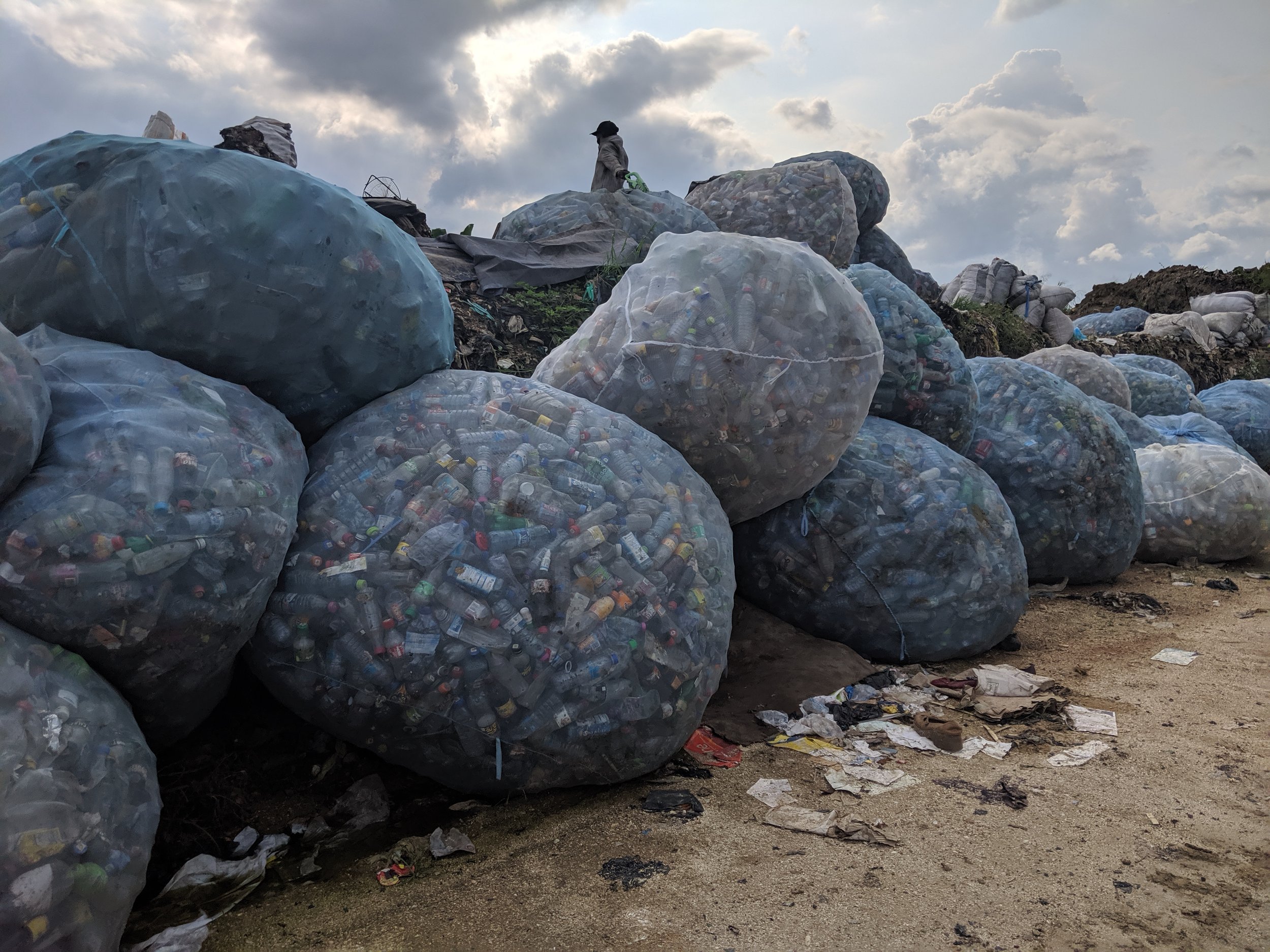Case Study: Mongolia
Informal recyclers in a long winter cold country with fast growing economy: A perspective from Mongolian solid waste management systems (2015-2017)
The research seeks to establish baseline data on the state of the livelihoods, recycling activities and health status of informal recyclers in Ulaanbaatar City and in peri-urban Ger areas (informal settlements) in Mongolia.
This study will uncover the socio economic situation of informal workers, which includes homeless and non-homeless populations, occasional recyclers, minorities, and other disadvantaged groups of individuals that engage in the collection and separation of recyclable materials. Furthermore, this research will focus on teasing out the interrelations and power relations involving different actors in solid waste management.
This information will help in the development of a social business model for inclusive and integrated waste management developments. The results will support the policy makers in the development of relevant policies that include informal recycling and that will improve the living conditions and earnings as well as help protect the workers from solid waste-borne health risks and hazards.
Finally, the data from this study will benefit other stakeholders such as enterprises involved in the informal recycling service chain, NGOs, and community based organizations (CBOs) in developing inclusive waste management strategies (SSHRC Insight Development Grant).
Informal Recyclers in Ulaanbaatar, Mongolia. Photo credit: SMN Uddin.
Publication:
Uddin, S. M. N. & Gutberlet, J. (2018) Livelihoods and health status of informal recyclers in Mongolia. Resources, Conservation & Recycling 134: 1–9.


